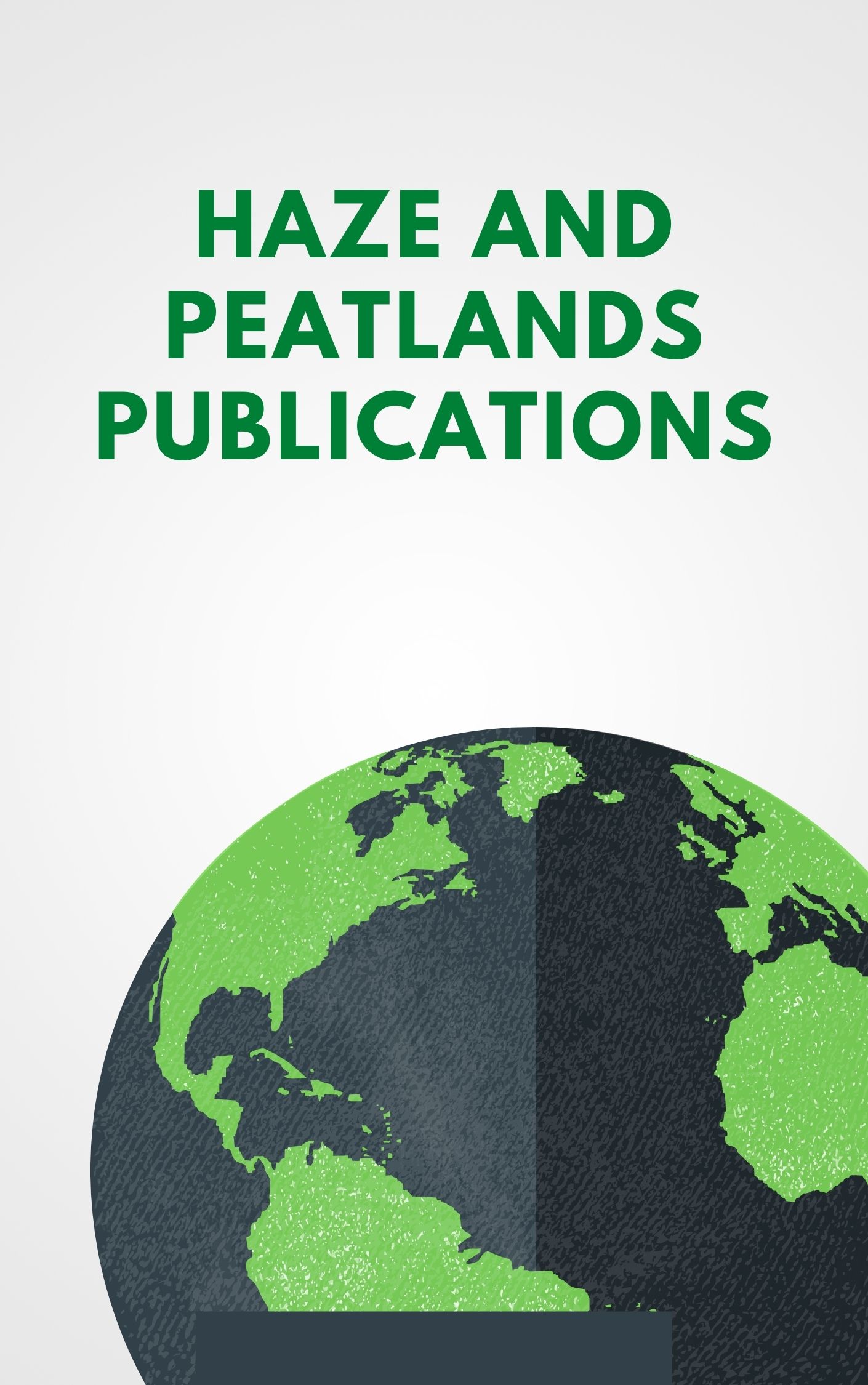Biomass burning is an integral part of the Earth system, influencing and being influenced by global climate conditions, vegetation cover and human activity. Fire has long been associated with certain vegetation types and land uses in Southeast Asia, but has increasingly affected forests in Indonesia over the last 50 years or so, and peat swamp forests in particular during the last two to three decades. The role of humans, as igniters of fires and as contributors to the conditions that enable fires once ignited to spread widely, is discussed. Other factors, notably the involvement of anomalous climate conditions linked to variability in the Indian and Pacific oceans, are also considered. Global warming and changes in landuse could result in biomass burning becoming more frequent in the future, threatening biodiversity and human health and leading to positive feedbacks with climate change. Deliberate action is required to break a developing disequilibrium within the Earth system: incentives currently being considered under the UN Framework Convention on Climate Change aimed at curbing climate change-causing emissions from deforestation and forest degradation could help mitigate biomass burning, while the effective management of biochar, a stable form of carbon produced from the incomplete combustion of organic matter, by farmers in Southeast Asia, and in other regions where biomass burning is common, could help in carbon sequestration. The paper concludes by stressing that in order to be effective any action needs to recognise the full range of environmental and human factors underpinning biomass burning. © Springer Science+Business Media B.V. 2009.
View source

